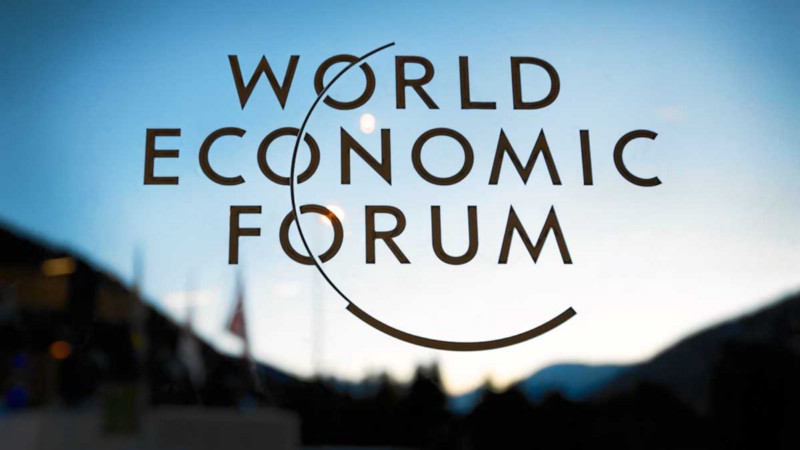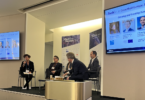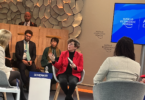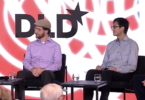Melati Wijsen was just 12 when she and her 10-year-old sister decided that single-use plastic bags should be banned in their home country of Indonesia. They led a children’s crusade called Bye Bye Plastic Bags and, in June, after six years, the ban was enacted.
On Sept. 23, at the World Economic Forum’s Sustainable Development Impact Summit in New York, Wijsen took the stage at the same time teen-age climate activist Greta Thunberg was excoriating world leaders a few blocks away at the United Nations.
While Thunberg told the leaders, “If you choose to fail us, we will never forgive you,” Wijsen was less confrontational but just as determined to forestall planetary extinction. Speaking for her generation, she told the WEF gathering of business, government and NGO leaders, “We not only expect to be heard; we expect to participate in the changes that have to come.”
The winds of change were blowing hard in New York as the Forum staged its third annual sustainability summit. The worldwide Youth Climate Action Strike, which took place the previous Friday, combined with new climate pledges from governments and businesses signaled a higher level of commitment to slow the advance of global warming — in spite of the no-show status of the United States.
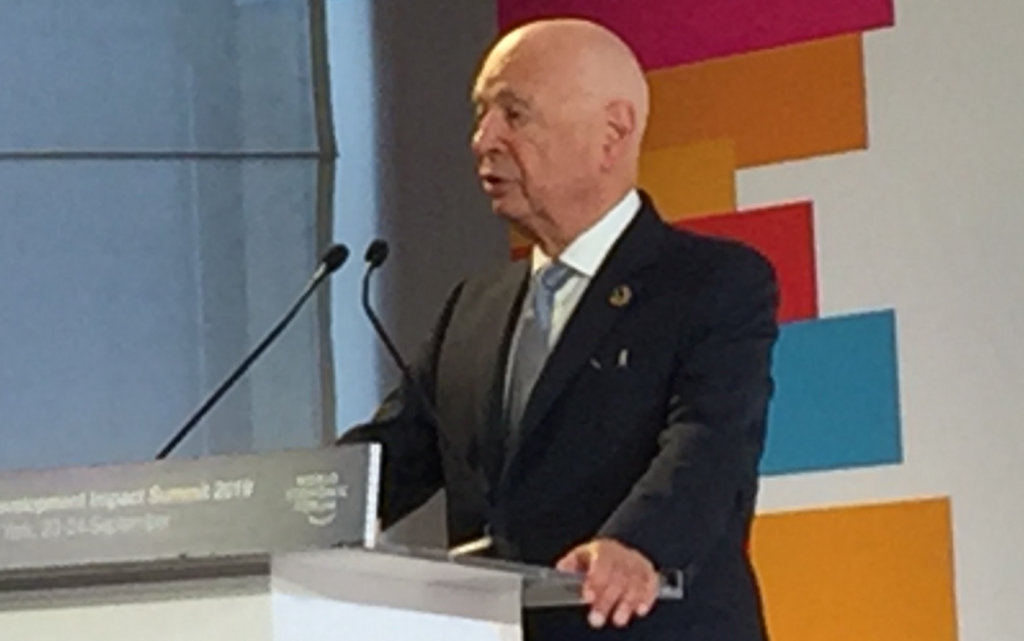
At the summit, a number of executives at multinational corporations said they are transforming their organizations to make them more sustainable. These days, they said, in addition to heeding shareholders they also answer to Mother Nature. Feike Sybesma, CEO of Royal DSM N.V., a global food-industry leader, said he’s willing to sacrifice short-term profits on the altar of sustainability — because, long term, it makes a more successful business. “I like to make money by making the world work better. You can do both,” he said.
During the summit, three key themes emerged that business leaders across the globe would be smart to pay attention to.
Get ready for global standards:
Panelists lambasted “greenwashing” and called for sustainability standards that enable governments to verify compliance and consumers to trust the claims of companies they purchase from. “We need global metrics. They must be mandatory,” says Caroline Anstey, a former World Bank managing director who is now a consultant. “There should be product labeling and disclosure so consumers can make choices based on their values.”
This work is already underway. Benedikt Sobotka, CEO of global mining giant Eurasian Resources Group and a board member of the Forum’s Global Battery Alliance, said the alliance is developing a label, the “Battery Passport,” which will be a badge of sustainability. Via video feed, Britain’s Prince Charles announced that he and the Forum have set up a Sustainable Markets Council, which will establish universal sustainability metrics and standards, and will create a global labeling system.
It’s time to scale up sustainability projects:
For the past several years, progressive companies have been testing more sustainable ways of doing business, but Jesper Brodin, CEO of Ingka Group, parent of retailer IKEA, said the time for pilot projects is over. “The solutions are here. It’s about scaling now,” he told the gathering.
Ingka has launched several initiatives to reduce the company’s environmental impact. They range from using electric vehicles for home delivery and using cardboard pallets to redesigning furniture so it requires fewer metal parts and is more durable.
Technologies will be essential for achieving sustainability:
WEF Chairman Klaus Schwab in 2015 coined the term 4th Industrial Revolution to describe the confluence of data analytics, artificial intelligence, sensors, robotics and other technologies. At the Forum summit, Precious Moloi-Motsepe, a South African fashion entrepreneur, said, “We need those technologies to accelerate to reach the UN’s sustainable development goals.”
In an effort to hasten the adoption of the technologies, the WEF has established information hubs called the C4IR Network. They’re located in San Francisco, Beijing, Mumbai, Colombia and the United Arab Emirates — and soon will open in Israel, Brazil and Norway. The Norwegian center will focus on the oceans. Oyvind Erikson, CEO of Aker, the Norwegian energy company that’s co-managing the new center there, said, “We hope to improve the ocean economy as well as help ocean industries operate in a more sustainable way.”
Participants in the summit expressed optimism about the prospects for improving global business sustainability, but also impatience at the slow pace of change. Wijsen captured the zeitgeist with her parting exhortation: “The time for talking is over. It’s time for action.”

